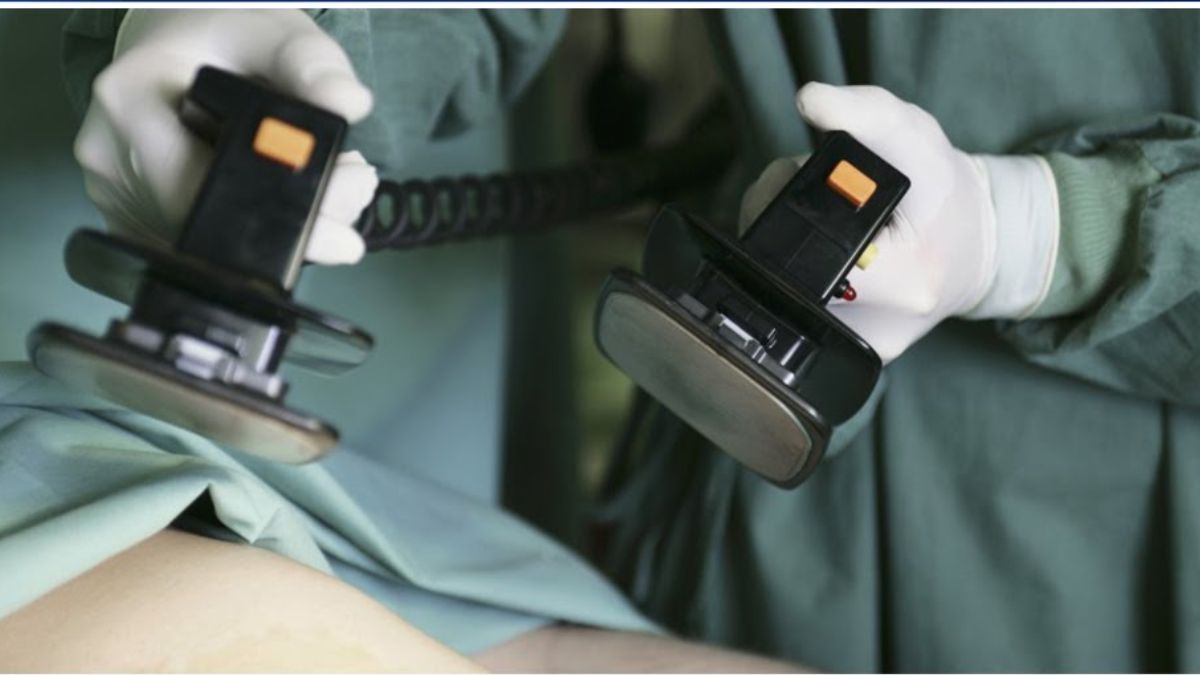Cardiovascular diseases (CVDs) continue to dominate as a leading cause of death worldwide, with the World Health Organisation (WHO) estimating nearly 17.9 million fatalities each year. India mirrors this global trend, facing a growing heart disease burden, particularly among younger adults.
Meanwhile, technological advancements are transforming how heart health is monitored and managed. Artificial intelligence (AI), wearable devices and telemedicine are increasingly becoming central to cardiovascular care, enabling real-time data tracking, early detection of irregularities and highly personalised treatment strategies.
Firstpost spoke with Dr. Vishal Rastogi, Director of Cardiology at Fortis Escorts Heart Institute, to delve into these emerging trends and their implications for heart health.
AI, wearables and telemedicine: a new era in monitoring
Dr Rastogi: Wearables (smartwatches, fitness bands) track heart rate, activity, sleep and can spot irregular rhythms in real time. AI analyses those streams of data to find patterns for example, predicting when someone’s heart rhythm might be abnormal or flagging rising risk before symptoms appear. Telemedicine lets patients share data and talk to their doctor quickly, so minor problems get managed early and patients avoid unnecessary trips to the hospital. Together these tools make heart care more continuous, personalised and convenient.
Dietary risks: salt, sugar and trans fats
Dr Rastogi: Too much salt raises blood pressure, which strains the heart and blood vessels. Excess sugar contributes to weight gain, diabetes and unhealthy cholesterol patterns, all of which increase heart attack and stroke risk. Trans fats (found in many fried and packaged foods) raise “bad” LDL cholesterol and lower “good” HDL cholesterol, accelerating artery clogging. Reducing these in your diet is one of the most effective, simple steps to protect your heart.
Microplastics and chemicals like BPA from plastic packaging emerging as risk factors for cardiovascular health?
Dr Rastogi: Research is evolving, and early studies suggest chemicals such as BPA and some plastic additives can interfere with hormones, increase inflammation, and may be linked to higher blood pressure and metabolic problems. Microplastics are being detected in the body, but their long-term effects on the heart are not yet fully proven. Practical step: reduce exposure where easy — avoid heating food in plastic, choose glass or stainless containers, and prefer fresh or minimally packaged foods.
Sleep and late-night work culture contribute to rising cardiac events ?
Dr Rastogi: Irregular sleep and night-shift work disrupt the body’s internal clock, raising stress hormones, blood pressure and blood sugar levels. Chronic poor sleep increases inflammation and can lead to weight gain, higher cholesterol and insulin resistance, all risk factors for heart disease. Young people who work late or sleep poorly may therefore be accumulating heart risk earlier in life; improving sleep timing and quality is a direct way to protect the heart.
Modern lifestyle vs traditional risks
Dr Rastogi: In many places sedentary work, poor diet and constant digital stress are becoming major drivers of heart disease — sometimes as important as, or more common than, smoking. Smoking remains a powerful and preventable risk, but modern lifestyles increase obesity, high blood pressure and diabetes in large numbers, shifting the overall burden of heart disease. The bottom line: both traditional and new risks matter, and prevention must tackle them together.
Proactive monitoring for younger adults
Dr Rastogi: Keep simple daily checks: track physical activity (steps or active minutes), watch resting heart rate and sleep, and monitor weight and waist size. Take blood pressure at home occasionally, and get routine blood tests (cholesterol, blood sugar) yearly or as your doctor advises. Know your family history and don’t ignore symptoms chest pain, breathlessness, unusual fatigue or fainting and seek evaluation if they occur. Small habits and timely check-ups catch problems early.
Preventive lifestyle measures
Dr Rastogi: Eat more whole foods: vegetables, fruits, legumes, whole grains, nuts and lean protein; cut back on salt, added sugar and processed/trans fats. Move often—break long sitting periods, aim for at least 150 minutes of moderate activity weekly, and include strength work. Prioritise good sleep and stress management (mindfulness, short breaks, social time).
Reduce chemical/plastic exposure by avoiding heated plastics and choosing fresh food when possible; limit heavy air-pollution exposure on bad days. Finally, avoid tobacco, limit alcohol and follow medical advice for blood pressure, diabetes and cholesterol control.
)